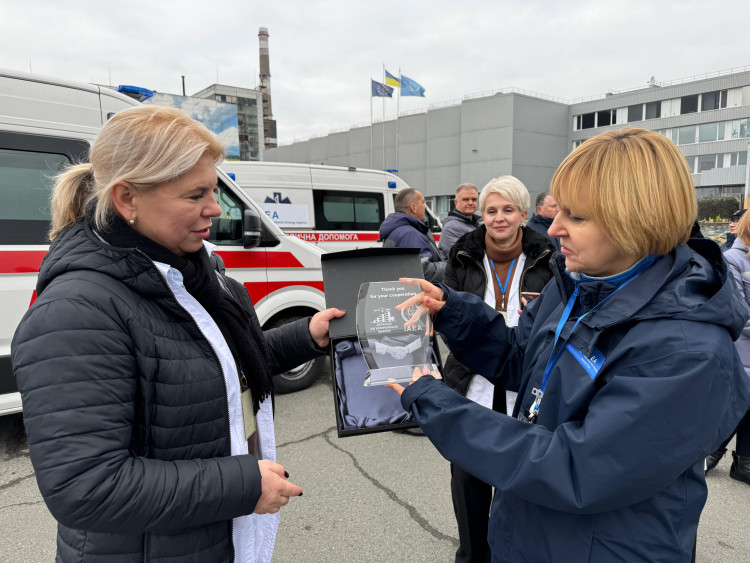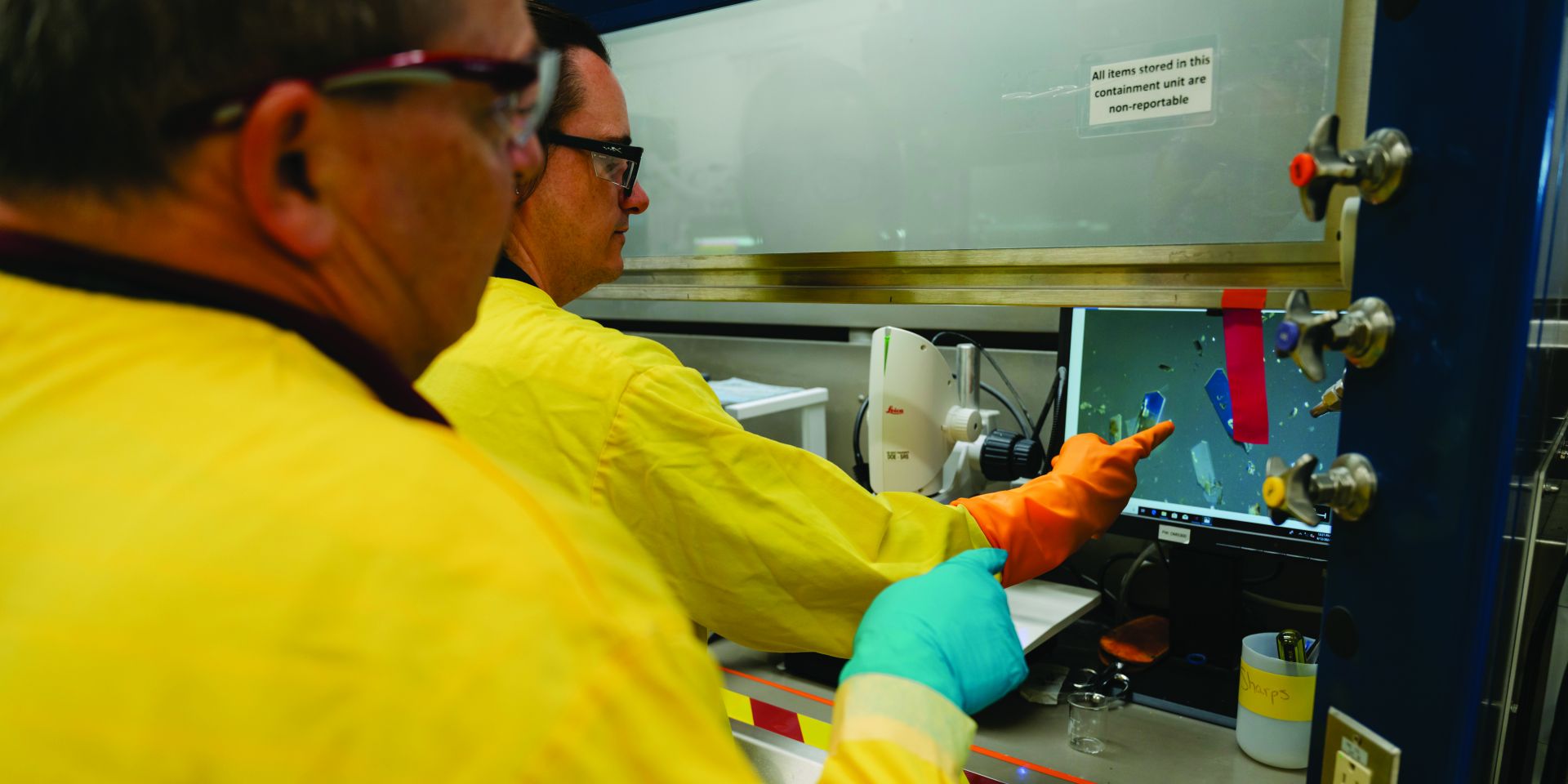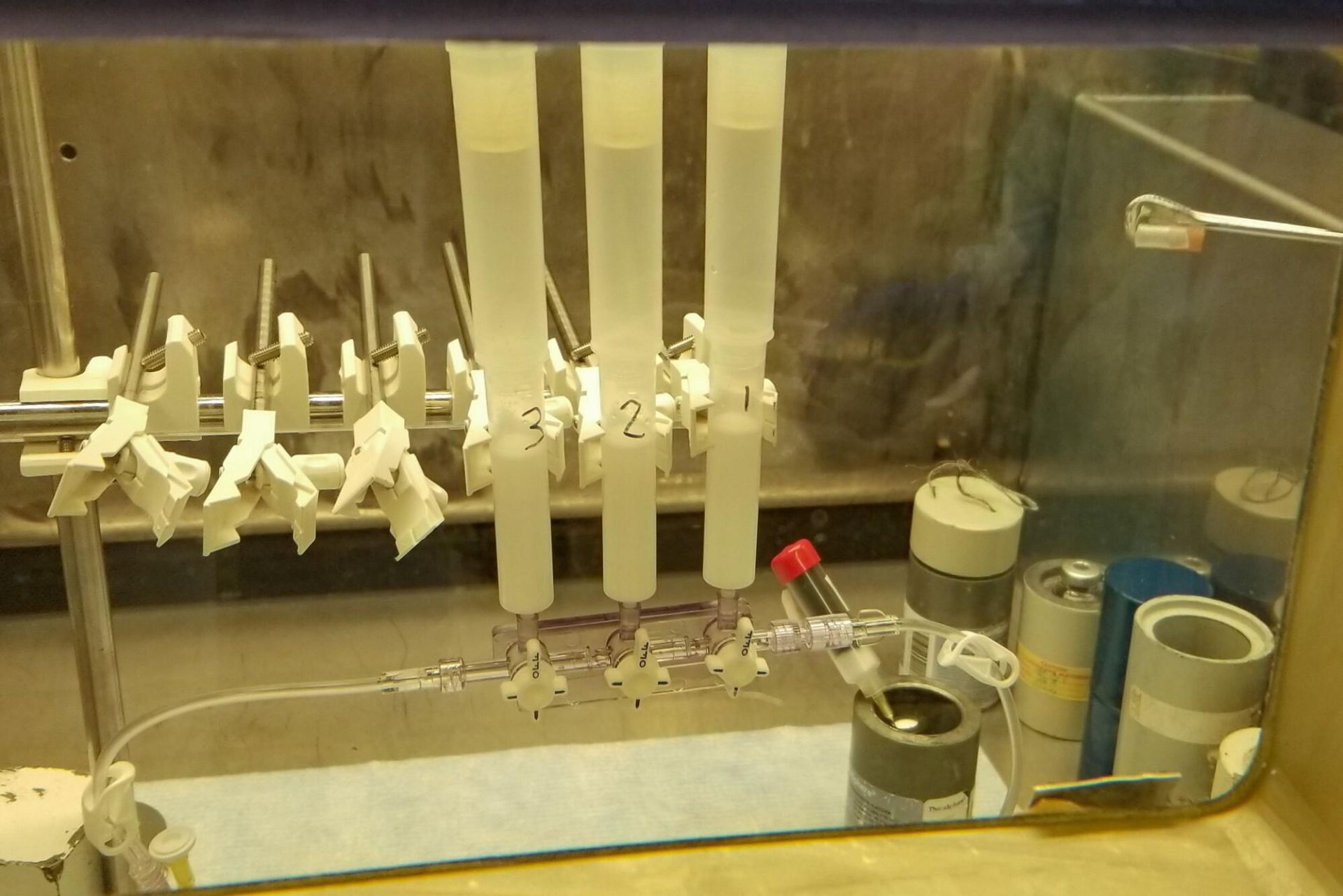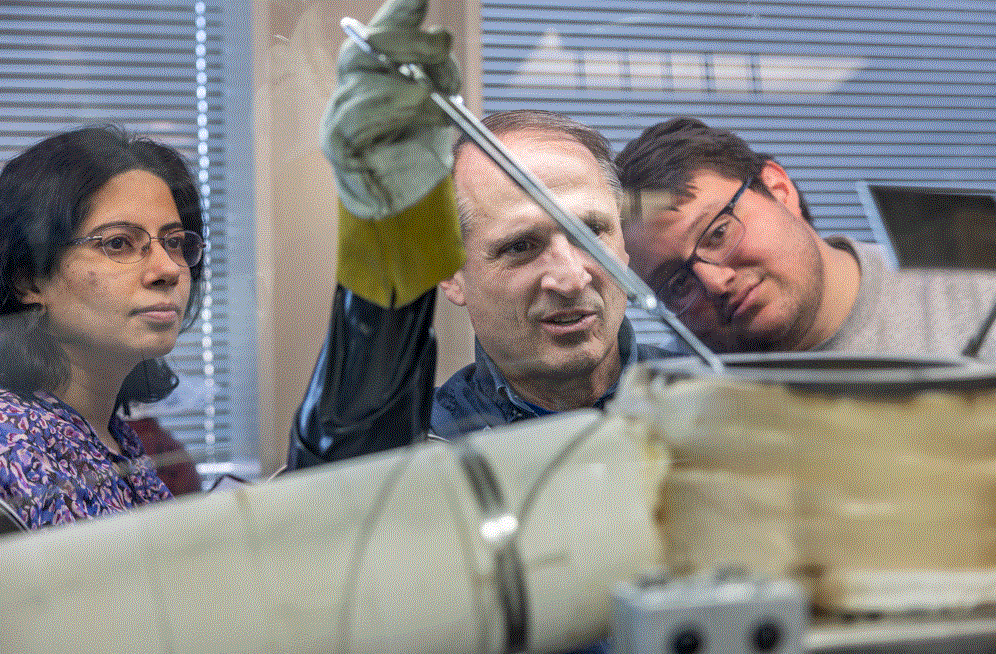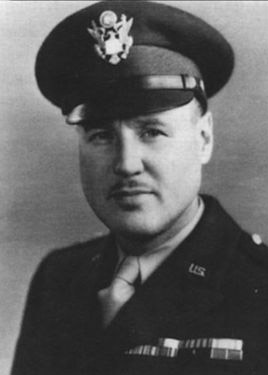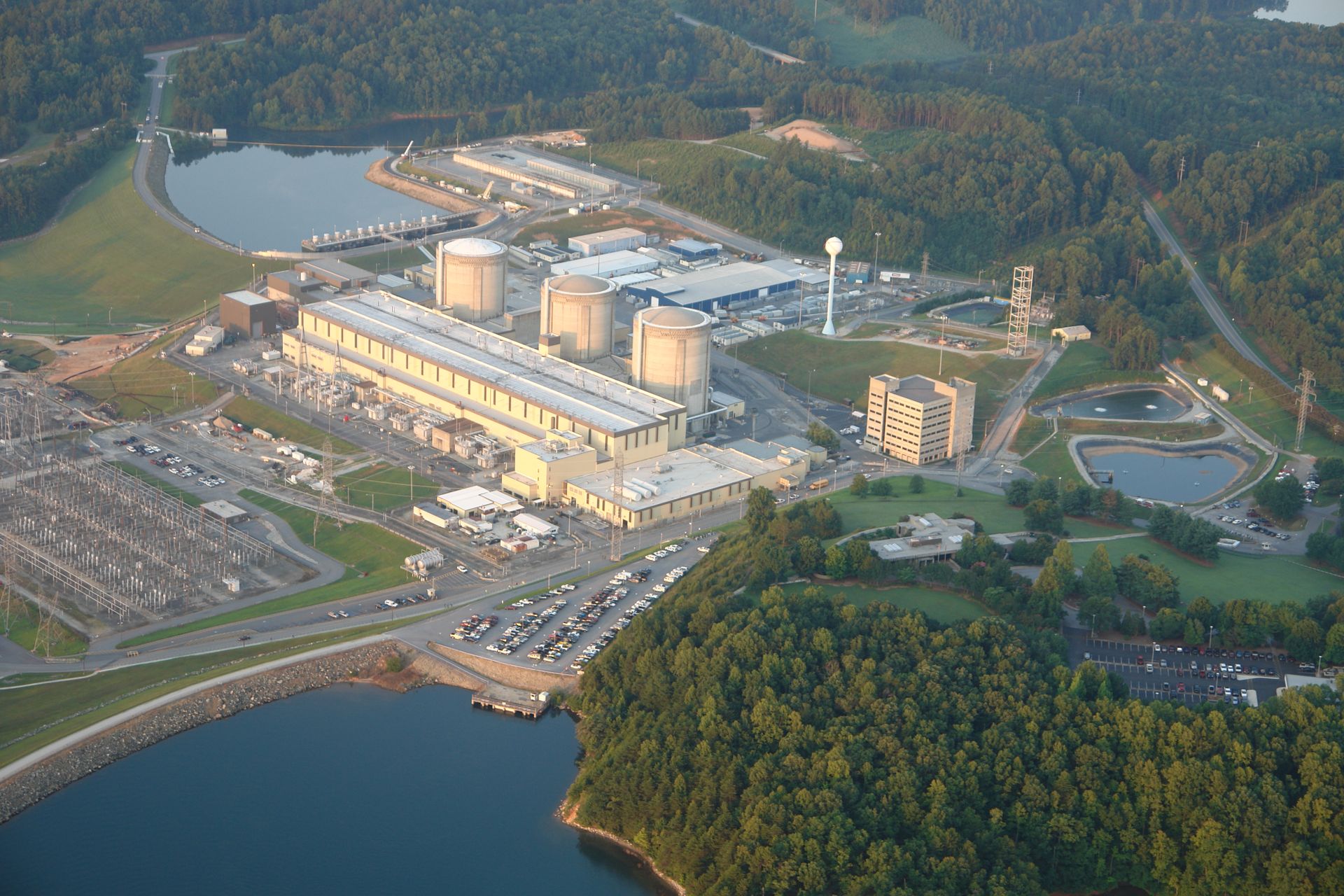Deep Isolation’s Rod Baltzer and Deep Fission’s Elizabeth Muller. (Photo: Deep Fission)
Nuclear start-ups Deep Fission and Deep Isolation will collaborate on the management of spent nuclear fuel from Deep Fission’s advanced underground reactors under a memorandum of understanding signed by the companies.
Craig Piercy delivers remarks at the Monsanto Auditorium at the University of Missouri. (Source: Abbie Nell Lankitus/University of Missouri)
ANS Executive Director/CEO Craig Piercy recently spoke on nuclear power’s potential for answering today’s energy demands as part of the Distinguished Lecture Series at the University of Missouri. He also took part in the ribbon cutting for a large addition to the University of Missouri Research Reactor (MURR).
During a November 2024 mission, the IAEA delivered two new ambulances to Ukraine at the Chernobyl site. Varash Hospital director Tetiana Latyshenko is at left, with Liliana Salaru, IAEA senior medical officer, at right. (Photo: IAEA)
The United Nations' nuclear watchdog delivered emergency medical supplies to Ukraine last week as part of ongoing aid to the country since its conflict with Russia began in 2022.
SRNL senior scientist Travis Deason demonstrates for lab fellow David Diprete the search for appropriate crystals of novel actinide materials using a microscope located in a radiological containment unit. (Photo: SRNS/Lj Gay)
Savannah River National Laboratory researchers are building on the laboratory’s legacy of using cutting-edge science to effectively immobilize nuclear waste in innovative ways. As part of the Center for Hierarchical Waste Form Materials, SRNL is leveraging its depth of experience in radiological waste management to explore new frontiers in the industry.
William D. Magwood IV (left) meets with government officials during a visit to Mongolia. (Photo: NEA)
Nuclear Energy Agency Director General William D. Magwood IV visited Mongolia recently for a series of meetings with government representatives and to participate in discussions on nuclear energy development in the country.
At-211 undergoes purification and a series of quality checks. (Photo: Don Hamlin/University of Washington)
The Department of Energy’s National Isotope Development Center (NIDC) on March 31 announced the successful long-distance shipment in the United States of a biologically active compound labeled with the medical radioisotope astatine-211 (At-211). Because previous shipments have included only the “bare” isotope, the NIDC has described the development as “unleashing medical innovation.”
Principal investigator Ruchi Gakhar (left), technician Dean Burt (center), and intern Diego Macias, shown loading salt into the loop. (Photo: INL)
The Department of Energy announced March 31 that a new Molten Salt Flow Loop Test Bed at Idaho National Laboratory recently went through its inaugural test run. The closed-loop test system will allow for continuous monitoring and analysis of chloride-based molten salt reactor technology and instruments before the construction of the Southern Company/TerraPower Molten Chloride Reactor Experiment. MCRE—an experimental fast-spectrum molten salt research reactor—will be built at INL’s repurposed Zero Power Physics Reactor, which has been renamed LOTUS (Laboratory for Operation and Testing in the United States).
A Disa HPSA test unit used in a study in the Navajo Nation. (Photo: Disa Technologies)
The Nuclear Regulatory Commission has received a license application from Disa Technologies to use high-pressure slurry ablation (HPSA) technology for remediating abandoned uranium mine waste at inactive mining sites. Disa’s headquarters in are Casper, Wyo.
Duke Energy's Oconee nuclear power plant. (Photo: Duke Energy)
All three units at the Duke Energy’s Oconee nuclear power plant in South Carolina are now licensed to operate for an additional 20 years.




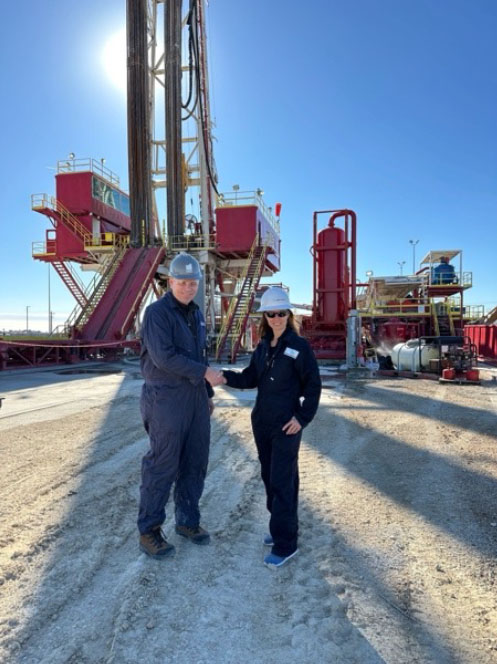.jpg)

